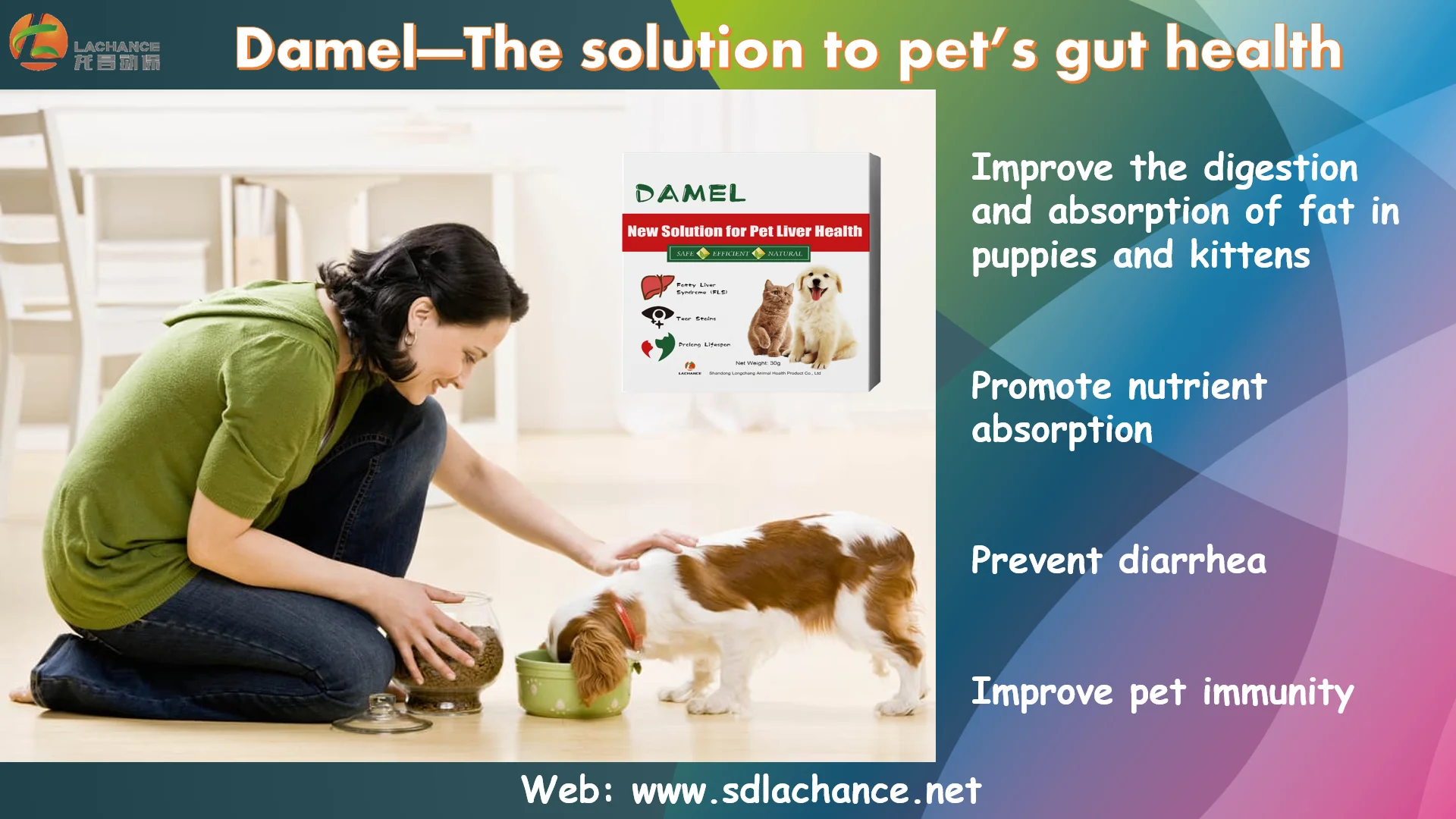"Essential Tips for Transitioning Your Pets to a Healthier Diet"
Guide or Summary:Understanding the Importance of NutritionAssessing Your Pet’s Current DietChoosing the Right FoodGradual TransitioningMonitoring Your Pet’s……
Guide or Summary:
- Understanding the Importance of Nutrition
- Assessing Your Pet’s Current Diet
- Choosing the Right Food
- Gradual Transitioning
- Monitoring Your Pet’s Response
- The Role of Treats and Snacks
- Staying Consistent
- Consulting with Professionals
#### Description:
When it comes to enhancing the quality of life for your furry companions, one of the most significant changes you can make is transitioning your pets to a healthier diet. Many pet owners are increasingly aware of the impact that nutrition has on their pets' overall health and well-being. This article will provide essential tips and insights into how to make this transition smoothly and effectively.
Understanding the Importance of Nutrition
Nutrition plays a vital role in the health of pets, just as it does for humans. A balanced diet can help prevent a range of health issues, including obesity, diabetes, and heart disease. Understanding the nutritional needs of your pets is the first step toward making informed decisions about their diet. Different pets have different dietary requirements based on their species, age, size, and activity level.

Assessing Your Pet’s Current Diet
Before making any changes, it’s crucial to assess your pet’s current diet. Take note of the ingredients in their food, the feeding schedule, and how they respond to their current diet. Are they energetic, or do they seem lethargic? Do they have a shiny coat, or is it dull? Observing these factors will provide valuable insights into whether it’s time to transition your pets to a healthier diet.
Choosing the Right Food
Once you’ve decided to transition your pets to a healthier diet, the next step is selecting the right food. Look for high-quality pet food that lists whole ingredients as the primary components. Avoid foods with fillers, artificial preservatives, and by-products. Consult your veterinarian for recommendations tailored to your pet’s specific needs.
Gradual Transitioning
Transitioning your pets to a new diet should be a gradual process. Sudden changes can lead to digestive upset, including vomiting and diarrhea. Start by mixing a small amount of the new food with their current food. Gradually increase the proportion of the new food over a week or two until they are fully transitioned. This method allows your pet’s digestive system to adjust and reduces the risk of gastrointestinal issues.
Monitoring Your Pet’s Response
As you transition your pets to a healthier diet, it’s essential to monitor their response. Keep an eye on their energy levels, coat condition, and overall behavior. If you notice any adverse reactions or if your pet refuses to eat the new food, consult your veterinarian for advice. They may suggest alternative options or adjustments to the transition process.
The Role of Treats and Snacks
Don’t forget about treats and snacks during this transition. Opt for healthy, natural treats that complement your pet’s new diet. You can even make homemade treats using pet-safe ingredients. This not only ensures that your pets are getting nutritious snacks but also helps reinforce positive behavior during the transition.
Staying Consistent
Consistency is key when transitioning your pets to a healthier diet. Stick to a regular feeding schedule and avoid giving in to begging or pleading for unhealthy snacks. By maintaining a consistent routine, you’ll help your pets adjust to their new diet more effectively.

Consulting with Professionals
If you’re ever uncertain about your pet’s dietary needs or how to make the transition, don’t hesitate to consult with professionals. Veterinarians and pet nutritionists can provide valuable guidance and recommendations tailored to your pet’s specific situation.
In conclusion, transitioning your pets to a healthier diet is a vital step toward ensuring their long-term health and happiness. By understanding their nutritional needs, choosing the right food, and monitoring their response, you can make this process smooth and beneficial for your beloved companions. Remember, a healthy pet is a happy pet!